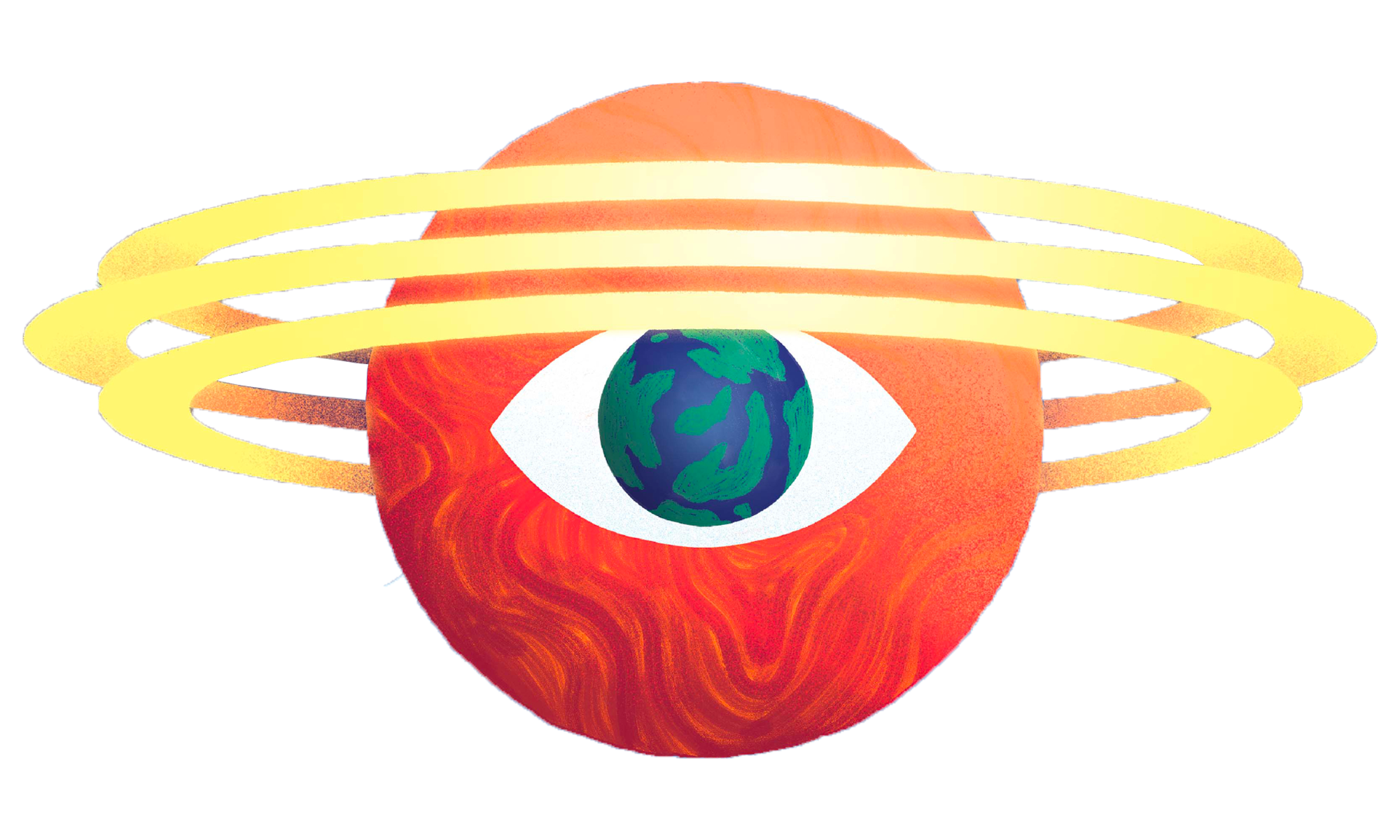Spirituality and Posthumanism in Tool
Friday, Feb 24, 2023
9:00 a.m. - 11:45 a.m.
The progressive-metal band Tool is known for their musical experimentation, literary and philosophical themes, close integration of music with visual art, and messages of self-enlightenment and transcendence. The band’s name is multivalent, evoking the slang term for the male sexual organ but also a functional piece of technology, and band members have encouraged audiences to use their work as a tool for personal growth. Tool’s five studio albums, released between 1993 and 2019, are characterized by a shift from angst-laden sociocultural critique to a self-reflective spirituality that integrates elements from various traditions. Our paper explores both spiritual and posthuman aspects of Tool’s music, lyrics, and visual art, focusing primarily on the three most recent albums, Lateralus (2001), 10,000 Days (2006), and Fear Inoculum (2019), along with associated live performances as archived on YouTube.
Spirituality is expressed most prominently in Tool’s lyrics, supported by imagery in the album art and music videos. We will discuss the continuum of humanity and divinity suggested in the lyrics of several tracks on Lateralus, along with the portrayals of transcendence that conclude the videos for “Lateralus” and “Parabola”. We will also survey the variety of religious traditions invoked through song titles and lyrics, including Buddhism (“Third Eye”, “Mantra”) and the fictional Bene Gesserit from Frank Herbert’s Dune universe (“Litanie contre la peur”), as well as the sharp critiques of Christianity (“Opiate”, “10,000 Days”) and Scientology (“Aenima”, “Eulogy”). Posthuman elements are most evident in Tool’s variegated use of a wide range of electronic timbres. While the band’s configuration of vocalist, guitarist, bassist, and drummer is conventional for late 20th-century rock-related genres, their vocal and instrumental timbres are not. Timbres are typically heavily technologically mediated, sometimes obscuring the sound source entirely; unmediated vocals are marked. They frequently incorporate elements of musique concrète, as both machine-like sound samples and transformed natural sounds. A posthumanist attitude is manifest in the numerous Tool lyrics that consider what it means to be human, and in their visual art through avoiding images of the band members in concert staging, album art, and videos, in favor of images of machinery, nonhumans, and transhumans.
Jerry Cain

Jerry Cain is a lecturer on the Music Research Faculty at McGill University, where he has taught courses in music history to music majors and non-majors since 2010. He holds bachelor’s and master’s degrees in music education from Appalachian State University, and master’s and doctoral degrees in historical musicology from Florida State University. His primary research interests are centered on the music of Anton Webern and his sketches, compositional process, and library of books and music. His dissertation research on Webern’s unpublished settings of poems by the controversial Viennese poet, author, and social critic Karl Kraus has resulted in scholarly articles, an unpublished catalog of Webern’s extant books and music, and a performing edition of Webern’s previously unpublished Two Kraus Songs (Universal Edition, Vienna, 2016). In recent years his interests have gravitated strongly toward music-history pedagogy, in particular the study of propaganda and musical historiography, as well as both playing and researching progressive rock music with his wife and collaborator Nicole Biamonte. He was recently awarded the Schulich School of Music Outstanding Teacher Award and was nominated for the Principal’s Prize for Excellence in Teaching.
Nicole Biamonte

Nicole Biamonte is associate professor of music theory at McGill University. Her primary research areas is the theory and analysis of popular music, focusing on pitch structures, meter and rhythm, form, and most recently timbre. She has also published on music theory pedagogy, public music theory, and 19th-century musical historicism. In addition to her edited collection Pop-Culture Pedagogy in the Music Classroom, her work appears in the journals Music Theory Spectrum, Music Theory Online, Zeitschrift der Gesellschaft für Musiktheorie, Intégral, and Beethoven Forum, as well as numerous edited collections.

